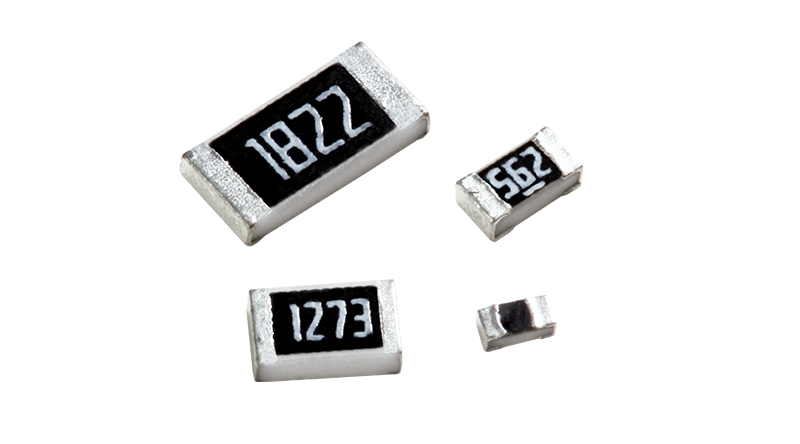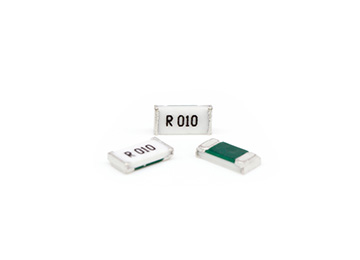hnstshop.com/product-list/C-R-p1.html" target="_blank">Resistance is a common type of resistor, which is composed of one or more alloy materials. The following are several common alloy resistance materials:
Metal Film Resistor encapsulated with epoxy resin: Commonly used materials include nickel chromium (NiCr) and chromium copper (CrCu). These alloys have the characteristics of high precision, stability, and high temperature resistance.
Metal Film Resistor: Commonly used materials include chromium nickel copper alloy (CrNiCu) and nickel chromium alloy (NiCr). These alloys have high accuracy and stability.
Carbon Film Resistor: The commonly used material is silicon carbide (SiC), which is used as the basic material for resistors. Carbon film resistors have lower costs and a higher operating temperature range.
Metal oxide film resistor: Commonly used materials include tin oxide (SnO2) and zinc oxide (ZnO). These alloys have high power tolerance and low noise levels.
Metal Strip Resistor: Commonly used materials include nickel chromium alloy (NiCr) and copper manganese alloy (CuMn). Metal strip resistors have high power bearing capacity and low temperature coefficient.
The different materials of these resistors play different roles in resistors to provide the required resistance values, accuracy, stability, and other characteristics. The selection of appropriate alloy materials depends on the requirements and performance requirements of the application.


